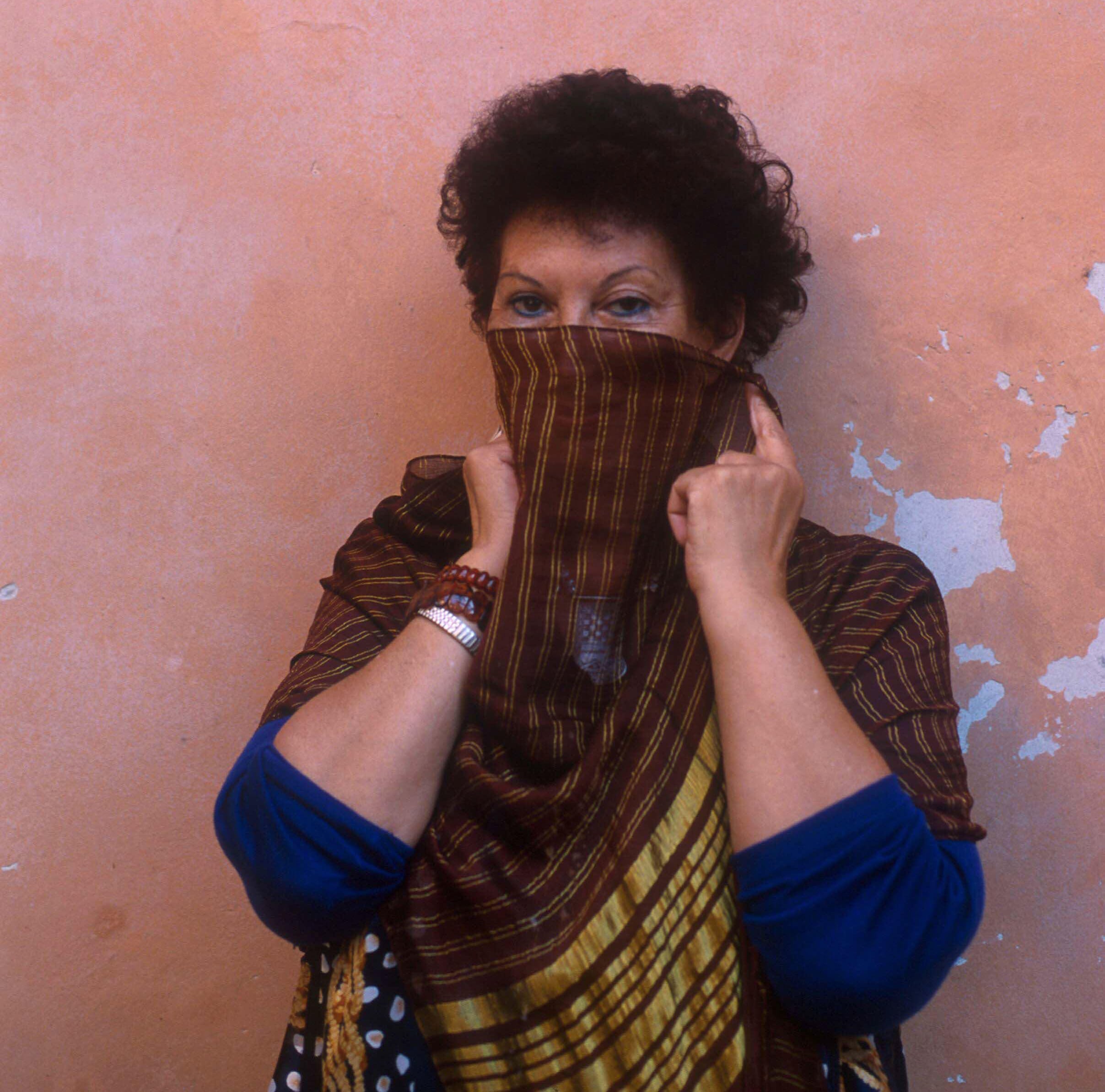
At a time when many Europeans seem to be concerned about immigration and are wondering, more specifically, about the compatibility between Western and Muslim values, it is worth returning to the intellectual legacy of the author of The political harem. The prophet and the women and Prince of Asturias Award in 2003. The lucid gaze of Fatima Mernissi (1940-2015)his ability to move fluidly between the West and the Muslim universe, his denunciation of patriarchy in both worlds, make special sense in the current European political climate. Through his prolific work, Mernissi invites us to consider a common horizon of emancipation based on a recognition of the cultural deficiencies of both worlds and a reconstitution of the past.
Mernissi began his intellectual training in the Koranic school, graduated from the Mohamed V University of Rabat and furthered his studies at the Sorbonne in Paris. She received her doctorate in Sociology from Brandeis University in Massachusetts with a pioneering thesis on the impact of modernization on gender relations in the Islamic world. In 1987, he published The political haremwhich was immediately banned in Morocco. In it he investigates the sociopolitical circumstances that led to the imposition of a rigid patriarchal, even misogynistic, interpretation of Muhammad’s teachings. Its objective: to dismantle this interpretation through a sociological rereading of the life of the prophet and the women around him and a meticulous breakdown of the original and later Islamic texts that narrate the actions and sayings of Muhammad.
Mernissi argues that Muhammad’s willingness to recognize and treat women as equals, both in word and deed, was quickly truncated by the social and political reality of Medina in the founding years of Islam. Some members of the first Muslim community that Muhammad established in the city (the Hypocrites) were opposed to respecting them as equals and, in addition to inventing rumors about the prophet’s wives, they harassed them in public spaces. The intransigence of his opponents led to a climate of civil war that, according to Mernissi, ended up convincing Muhammad that it was necessary for Muslim women to take to the streets covered for their safety.
Since then, the author explains, a majority of Islamic scholars have made efforts to magnify the role of hijab —“which today’s fundamentalists claim as the very essence of Muslim identity”— and diminish the role of Umm Salama and Aisha, wives of Muhammad, or erase from history Sakina, his great-granddaughter, who embodied a model of an emancipated woman. who could have been the main reference for Muslim women.
Mernissi denounces this “amnesia” and “deformation of history”, which we find in other monotheistic religions, and reminds us, at the same time, that Islam is originally an eminently practical religion that favors dialogue. Muhammad sought to appease and regulate relations between the Arab tribes. Hence the importance of their sayings and conversations, the hadiths, which provided common norms in the most everyday aspects of the life of the tribes. In the preface to the English edition, the author concludes: “If women’s rights are a problem for some modern Muslim men, it is neither because of the Quran, nor the Prophet, nor Islamic tradition, but simply because These rights conflict with the interests of a male elite”.
It is not surprising that Mernissi received criticism from this elite, both for questioning the traditional reading of Quranic texts and for uncritically importing Western epistemological categories allegedly foreign to the Islamic experience. Mernissi considered, for her part, that she was “intelligent enough to be critical of the West and take what I need and reject what is bad for me.” (It is notable, for example, for her questioning of the Western beauty ideal, which, she maintained, excludes the possibility of being beautiful and intelligent at the same time and denies any attractiveness to older women.)
Mernissi’s sociological analysis of the evolution of Islam, emphasizing its practical dimension and its long history of intercultural dialogue, contributes to challenging the dominant European imagination of this ethical and religious system as particularly impervious to change and adaptation. Her call to mobilize a “memory-freedom”, where women are co-protagonists of the past as a necessary step to be so in the present, challenges us all.
Provocatively, in a 1996 interview, Mernissi defined the harem as a “monosex space,” stating that the French Senate, with less than 4% women at the time, was, in short, a harem. Although today a third of the French Senate are women, we cannot help but wonder what Mernissi would say about the composition of the Spanish Royal Academies, for example, and its role in the reproduction of male elites and the patriarchal bias of our knowledge of the past.

